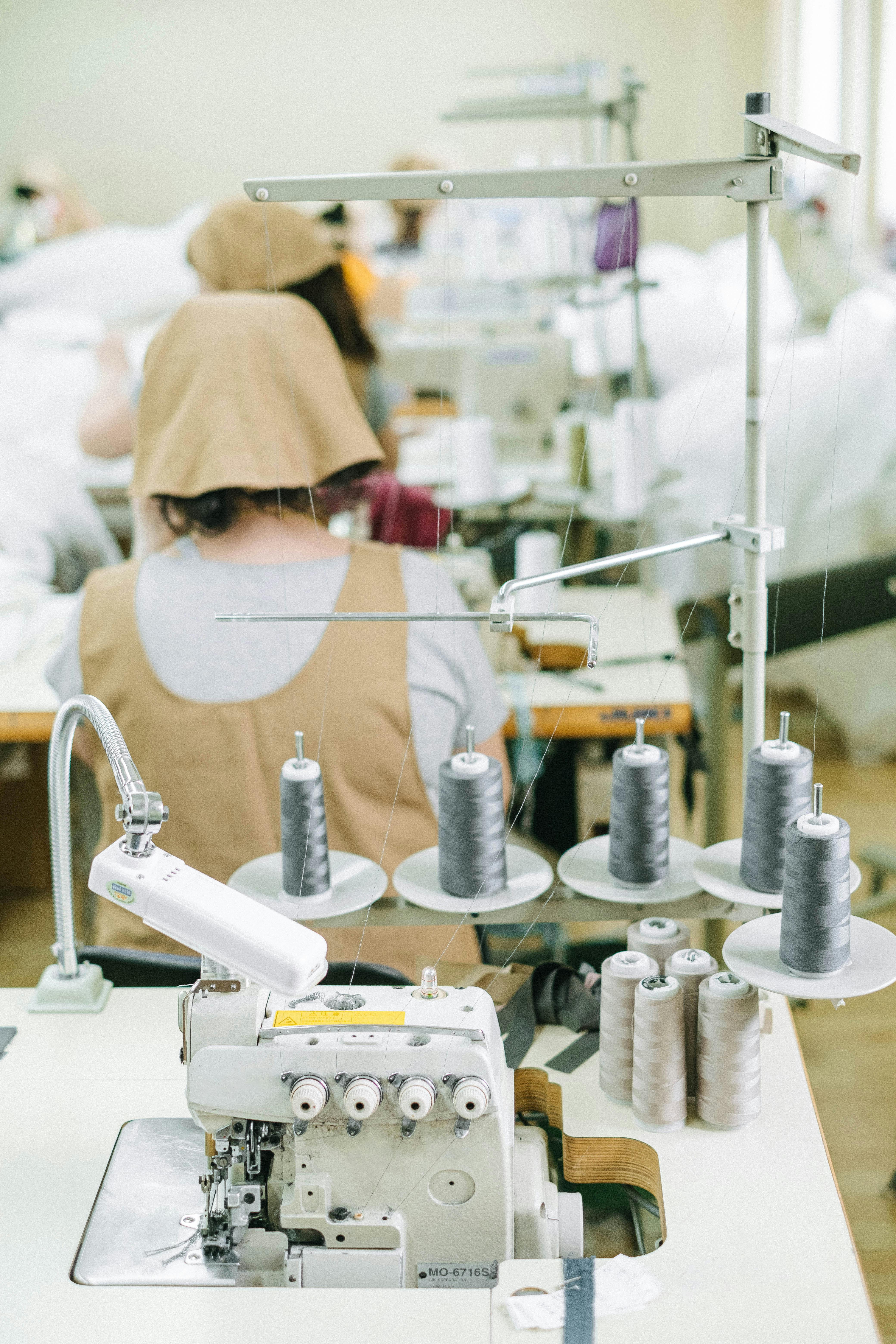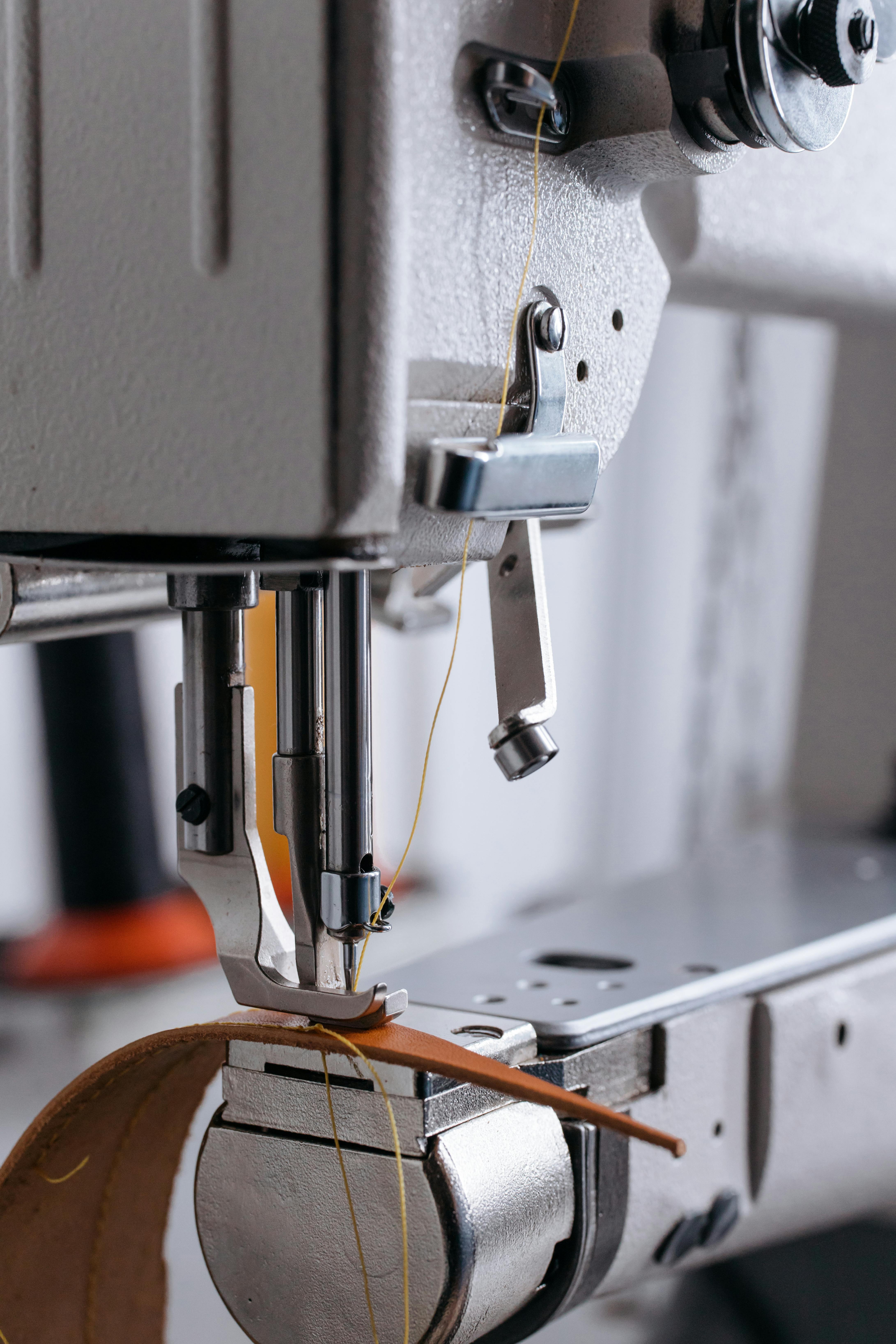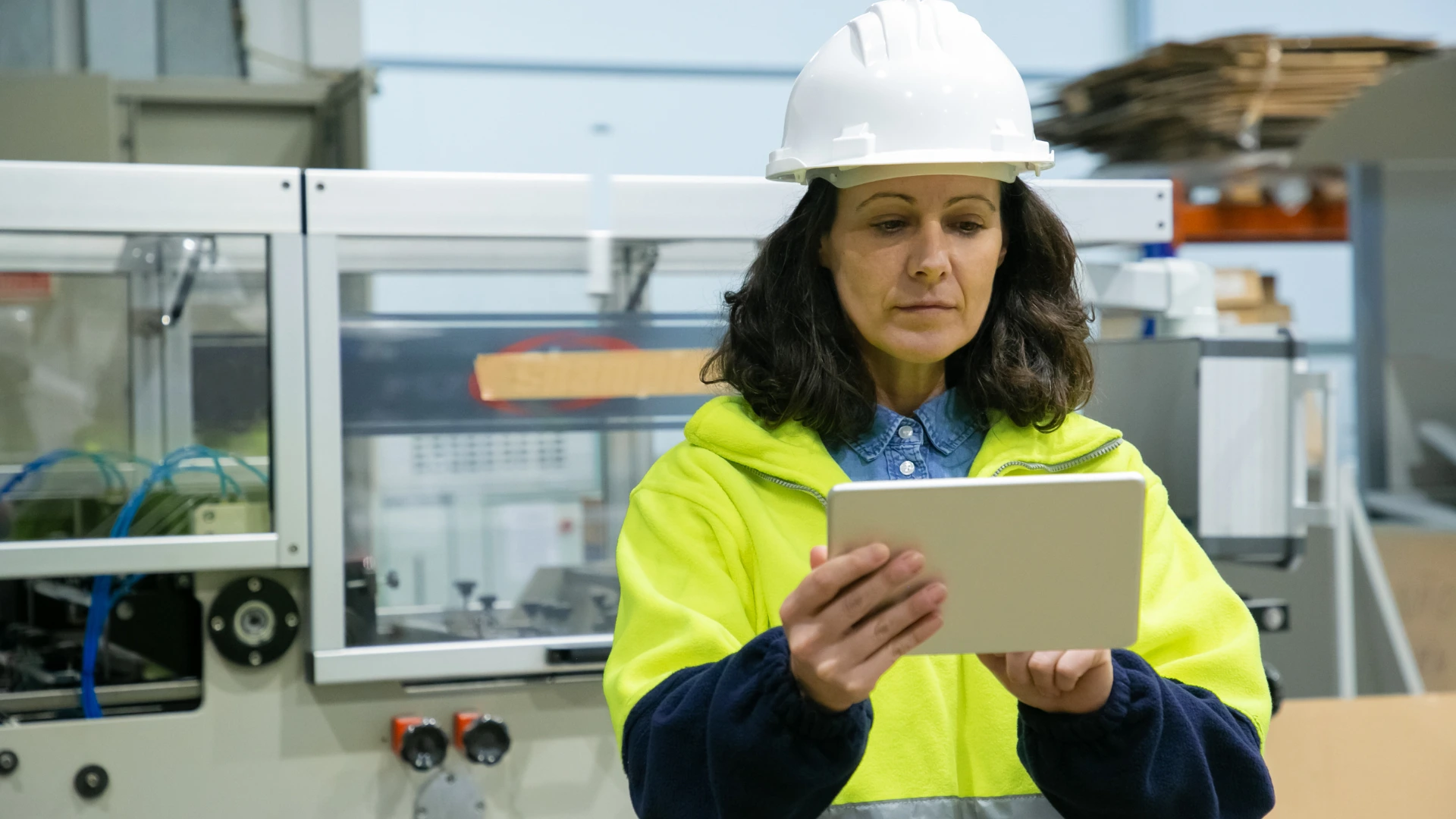Vietnam Factory Audits | How to Ensure Quality & Scale as Demand Surges

As U.S.-China trade tensions persist, a seismic shift is underway in global sourcing strategies. Vietnam has rapidly emerged as a top alternative for brands seeking resilience and speed in their supply chain.
From Ho Chi Minh City to Hanoi, and Hai Phong to Da Nang, Vietnamese manufacturers are increasingly tasked with meeting surging global demand. However, this pivot comes with growing pains, including overburdened factories, variable product quality, and regional differences in compliance and capacity.
This proactive guide will help retailers, sourcing managers, and supply chain leaders navigate these challenges. By leveraging factory audits in Vietnam, brands can protect quality, mitigate risks, and scale with confidence even as production capabilities are tested.
Manufacturing in Vietnam: The Appeal & the Pressure
Vietnam’s manufacturing boom is no accident. Competitive labor costs, strategic proximity to China, and an expanding textiles, electronics, and consumer goods sector have made it an ideal hub for sourcing. But success brings strain.
Key Challenges When Sourcing from Vietnam:
- Workforce turnover in rapidly growing regions like Dong Nai and Bac Ninh
- Inconsistent quality standards between regions and factories
- Strained production processes are unable to meet compressed timelines
- Gaps in social responsibility and environmental compliance
- Unverified raw materials and incomplete inspection reports
Without a reliable audit framework, brands risk delayed shipments, customer dissatisfaction, and reputational damage.
The Role of Factory Audits in Vietnam's Supply Chain
A factory audit can be your frontline defense against quality issues, compliance failures, and production delays. As Vietnam scales, audits offer much-needed transparency into the manufacturing process, helping you validate a factory's production capability, working conditions, and quality systems.
Key Areas Covered in a Supplier Audit:
Pro Tip: Work with a partner like Silq that offers detailed reports post-audit, including photos, compliance scores, and improvement recommendations- all in one place.
Regional Variability: Why Location Matters in Vietnam
Vietnam’s manufacturing base is diverse, with significant variation between industrial zones:
- Ho Chi Minh City & Dong Nai: High-capacity factories, but often under pressure due to demand.
- Hanoi & Hai Phong: Strong export infrastructure but higher variability in quality control services.
- Da Nang: Emerging zone with room to grow, though audit history may be limited.
Conducting on-site factory inspections in each of these regions can uncover unique challenges and capabilities.
How to Find the Right Factory Audit Provider in Vietnam
With a flood of inspection companies and audit services in the market, choosing the right partner is critical. Use this checklist to find the best Vietnam audit services provider:
- Regional experts who have experience working with Vietnamese factories
- Ability to perform pre-shipment inspections, loading supervision, and more
- Transparent audit process and inspection report formats
- Fluency in ISO standards, social responsibility, and environmental audits
- Presence in key zones: Ho Chi Minh City, Hanoi, Da Nang, Dong Nai, Hai Phong
- A digital platform for real-time visibility, faster reporting, and actionable insights
To stay agile and competitive, brands must scale fast but not recklessly. Factory audits act as a quality assurance mechanism, ensuring that each potential supplier meets your standards for high-quality, ethically produced, and compliant products. Leading providers like Silq offer modular services, including quality control inspections, during production inspections, and sustainability assessments, to match the complexity of your supply chain.
Action Plan for Scaling Manufacturing in Vietnam
- Pre-qualify suppliers with audits and historical performance data.
- Conduct on-site factory inspections before contract signing.
- Implement regular pre-shipment inspections for high-value or high-risk goods.
- Perform quarterly social compliance and environmental audits to ensure sustained ethical practices.
- Use quality control inspection data to benchmark and improve supply chain partners.
By embedding audit checkpoints at each stage of production, brands can catch issues early and build long-term resilience.
Read More: How to Choose a Third-Party Inspection Service for Ecommerce Brands
Vietnam vs. Other Low-Cost Countries: The Bigger Picture
While Vietnam outperforms its neighbors, such as Cambodia, Bangladesh, and Malaysia, in terms of infrastructure and trade access, audit discipline remains the most effective tool for comparative evaluation. A rigorous audit framework allows you to:
- Compare quality assurance maturity across sourcing countries
- Gauge environmental impact and social responsibility standards
- Balance cost vs. risk in a nuanced, data-driven way
Read More: Third-Party Inspections: 8 Reasons Why Production Facilities Need Them
Audit Smarter in Vietnam With Silq
The sourcing pivot to Vietnam offers clear advantages, but scaling without robust controls is a gamble. Factory audits in Vietnam provide a clear pathway to ensure product integrity, regulatory compliance, and ethical production at every touchpoint. At Silq, we deliver more than just inspection reports. Our on-the-ground experts and real-time visibility tools give you immediate insight into factory conditions—often within 48 hours. Because in a volatile global supply chain, quality isn’t a luxury—it’s your competitive edge. And speed is part of the solution.
Stay ahead in Vietnam’s sourcing boom with Silq’s on-the-ground edge. Get a free quote today.
Factory audits in Vietnam assess a supplier’s ability to produce high-quality products, comply with labor laws, and meet ISO and sustainability standards.
Vietnam quality control ensures consistency across different suppliers, helping to avoid delays, defects, or compliance issues as you scale.
Industries like textiles, electronics, home goods, and premium retail benefit the most, especially when shifting sourcing from China.
Choose a reliable inspection partner like Silq with local experts in key cities like Hanoi, Ho Chi Minh City, and Da Nang, and ensure they offer full-scope services from product inspections to compliance audits.
Ready for Supply Chain Predictability?
Importers using Silq ship smarter, safer, and with total control.







